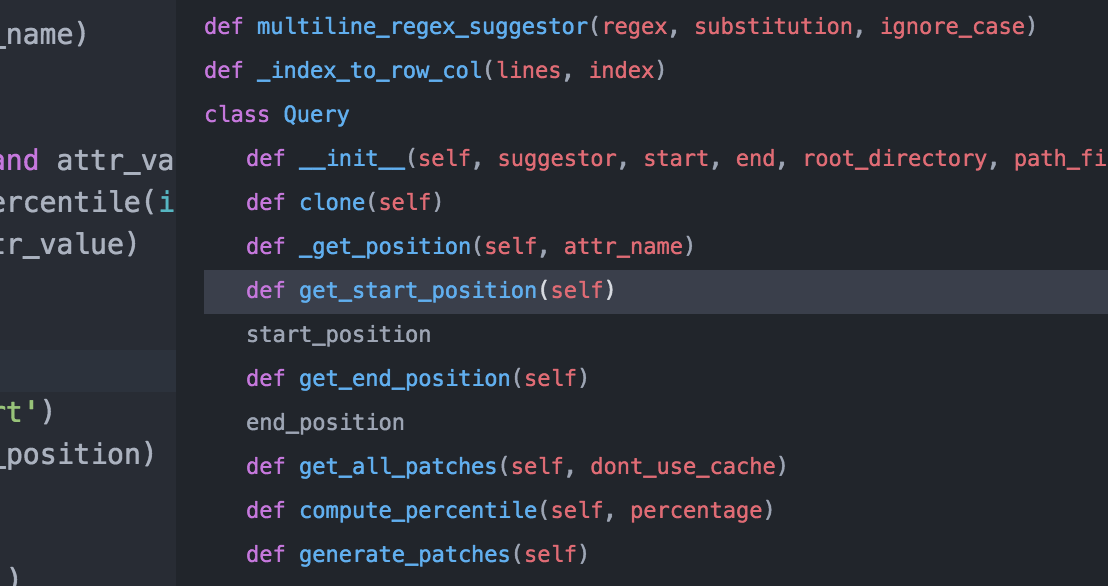

which I suspect rpm ignores, but Yum uses to work out the dependency chain, and my values were too ambiguous.Ĭhanging them to the values above allowed me to install via yum with no errors whatsoever (and completely unaffecting the system installation of Python). Release: n.el7 (where n can be incremented to force Yum to treat it as an upgrade version).When creating the RPM package, the following fields must be set exactly so: Assuming now I want to install this specific package, yumdownloader python-libs-2.7.5-12 would say No Match for argument python-libs-2.7.5-12 Nothing to download. python-libs- was once installed on my computer but has since been replaced. Why's Yum finding blocking dependencies and rpm is not? Let me try again with a real example from my yum log. Heres what I see: Error: Problem: conflicting requests. Querying the RPM I built ( rpm -qlvp) there are no references to /usr/bin/python. rpm and do the yum install of that, or if I do yum install by specifying the RPM repo to download from.

If I try to yum install on Centos 7.9, I get a whole load of errors relating to python(abi) and it ultimately refuses to install as there's a requirement to uninstall system Python 2.7.īut if I rpm -i the same file, it installs no problem. sudo zypper install python3-pip python3-setuptools python3-wheel Yum Package Manager for CentOS and Red Hat Enterprise Linux sudo yum install python3 python3-wheel Install and Configure Virtual Environment Once you have a base installation of a Python setup, don’t start installing packages directly into it with PIP. I built Python 3.9.16 from source, and then packaged that as an RPM (using Gradle ospackage library)./configure


 0 kommentar(er)
0 kommentar(er)
